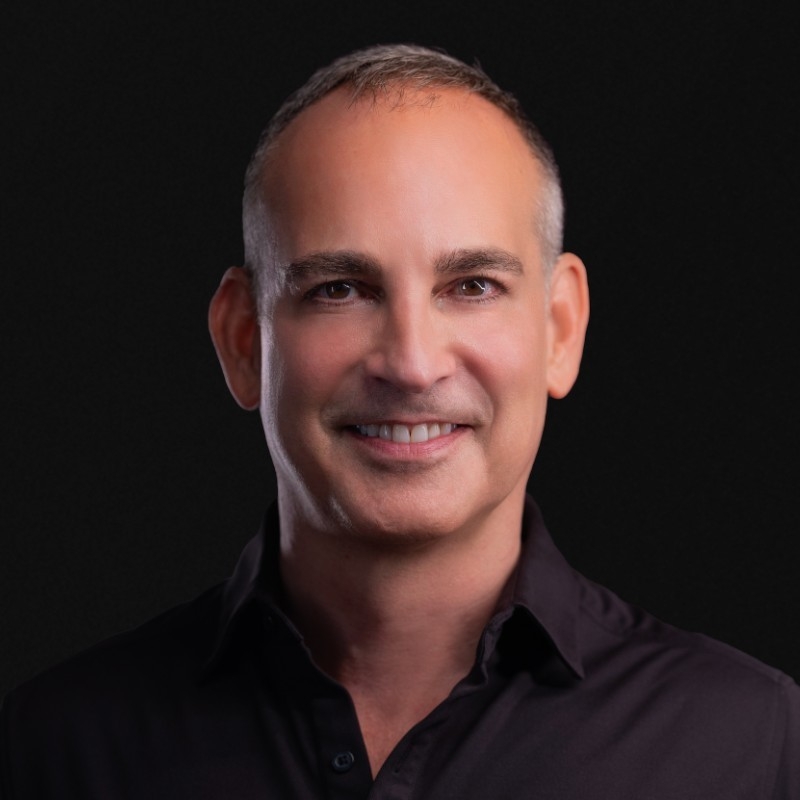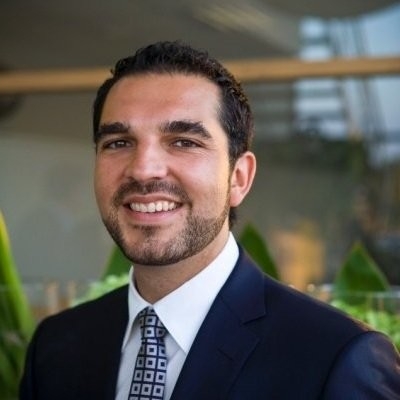Leading IC Experts Reveal Their Best Employee Comms Advice for CEOs & Senior Executives
By
— September 25th, 2023

Drawing on the experience and wisdom of highly respected communication experts is a valuable source of inspiration for fellow employee comms professionals.
That is why we decided to ask eight distinguished IC experts a simple but significant question:
What was the best employee comms advice you ever gave a CEO or senior executive in your career, and why?
As you might expect, the diverse responses and perspectives from our panel of communication experts provide interesting insights and food for thought.
The Responses

David Grossman
Founder & CEO, The Grossman Group
Linkedin: linkedin.com/in/davidgrossmanaprabc/
Website: https://www.yourthoughtpartner.com/
“They can handle the truth.
I was harkening back to a version of that famous Jack Nicholson line in “A Few Good Men."
The question comes in varied ways, but the most egregious is: "How do we ‘spin’ this?” You don’t, I always say.
Employees can handle the truth. And there’s no reason to be anything but straightforward in what we communicate. Employees want to know what we know, when we know it.
They might not like what we’re communicating, but that’s not our goal. Our goal is for them to understand it and how what we’re communicating will help advance the business.
Anything less does the very smart people we’ve hired a huge disservice, including you." - David Grossman
How to Help Your Leadership Team Become Better Communicators

Andrea Greenhous
Founder of Vision to Voice
Linkedin: linkedin.com/in/andreamakesworkbetter/
Website: www.vision2voice.ca/
"I worked for a company that owned a cancer treatment equipment manufacturer.
A hospital had improperly disposed of a unit, and people scavenging in a dump broke the unit apart and were exposed to deadly amounts of radiation.
I told the CEO we needed to take ownership of the issue and act quickly, even though other senior leaders wanted to pass along the blame.
I advocated for open and honest communication internally and externally, which is an effort that I led.
We were able to rally a team of radiation experts internally to get on the ground and quickly take action.
Unfortunately, eight people died in the incident, but our willingness to take responsibility prevented many more deaths." — Andrea Greenhous

Christopher Flores
Corporate Communications Consultant
LinkedIn: linkedin.com/in/christopher-nathanael-flores/
"You have to be honest.
Don't try to sugarcoat it or spin it. They will know.
They understand that companies, like people, go through hard times and sometimes have to make difficult decisions.
But if you are not upfront with them, how can they trust you in the future?
There will be more instances like this in the future and, what you do today, will create the foundation for how they react to you and to the news when it happens." — Christopher Flores

Victoria Dew
CEO, Dew Point Communications
LinkedIn: www.linkedin.com/in/dewvictoria/
Website: www.dewpointcomms.com/
"I once led internal communications at a professional services firm and when a new CEO joined us, his natural inclination was to begin his listening tour by meeting with other senior staff.
I advised him to start in the middle instead—the newly qualified accountants who had been with us for three to five years, had been heavily invested in, and were now a significant flight risk.
In fact, a lot of our internal communications strategy was focused on extending this segment’s tenure in order to recoup training costs and maximize revenue. They had also built social capital and were uniquely positioned to influence both junior and senior colleagues.
By focusing on this particular employee group the CEO was able to accelerate his ability to build trust and rapport throughout the organization while also advancing our ongoing talent management priorities." — Victoria Dew

Jason Anthoine
Head Honcho, Audacity
LinkedIn: https://www.linkedin.com/company/audacityworldwide/
"Wow. I have so many stories after doing this for 34+ years. But one that stands out is this one company I worked for where we were launching a new employee mobile app. I had buy-in from our president and several other executives but our CEO was still reluctant to use it.
I interpreted that as a lack of support for the initiative but, as it turns out, it was really about the CEO's lack of confidence about how to actually use the platform.
Every time I'd have a quick how-to session with him, he'd get very frustrated very quickly. As a result, we weren't making much progress, even with his other execs lending a hand to help out. Finally, during one of my one-on-one sessions with him where he was just as exasperated, I asked him how he communicated with his daughter, who had just moved across the country to attend college.
He said they texted a couple of times a day and did FaceTime calls several times a week. That's when a light bulb went off in my head. "Hey, what if we gave her access to this app and set up a private channel for the two of you so she could help you learn how to use it in a way that only you two know about?"
So I set things up, the two of them got started, and within two weeks, he had it down pat! I realized that senior leaders (and not-so-senior leaders) are just normal people, like everyone else in the company. And they are just as intimidated by change and, certainly, new technology as anyone else.
And more than that, because of their roles, they are quite afraid to look like they don't know what they're doing or to make a mistake in front of the whole company. I totally get that now in a way I didn't before this situation!
My advice to him about this situation was to practice with his daughter, who has a unique relationship that none of us at the office could ever have. He trusted her advice, counsel, and patience while he learned something new, without the pressure of doing it among his corporate peers.
He went on to be our biggest liker, commenter, and sharer of content, which had the positive effect on our culture you think it would.
All because I gave him the advice —and permission—to quietly learn on his own with someone he trusts and who cared for him.
As it turned out, that's good advice for all of us.
— Jason Anthoine

Ann Melinger
CEO, Brilliant Ink
LinkedIn: linkedin.com/in/annmelinger/
"Storytelling has been the most powerful tool for engaging audiences since the dawn of time! So my advice to leaders is to incorporate storytelling into their communications as much as possible.
Rather than simply relaying information or directives, I encourage them to weave in personal anecdotes and experiences, both from their personal lives and interactions with employees.
After all, sharing examples they’ve witnessed of front-line workers demonstrating the company’s core values is far more powerful than simply stating them.
It also humanizes the leader and drives deeper connections with employees. Storytelling creates emotional bonds, ultimately strengthening employee engagement and connection to the company’s overall purpose." — Ann Melinger

Sharon McIntosh
President, And Then Communications & Coaching
LinkedIn: linkedin.com/in/sharon-mcintosh/
"Every large company I’ve worked with has proudly displayed its values on its walls and websites. But how do the leaders live up to them?
I recently coached an executive who was overwhelmed by the constant demands of her team. She felt responsible for solving every problem, preventing any possible failure.
I asked her how her behavior aligned with one of the company’s core values: empowerment. She realized that she was not giving her team enough autonomy and trust.
She transitioned from problem-solver to team coach—asking her team how they would like to tackle the challenge and accepted risks and failures as opportunities for growth.
Values are not just words on a wall. As internal comms leads, we have the responsibility to ensure that these values are reflected in all our actions—and to remind executives that they are setting an example for their employees."
— Sharan McIntosh

Andrew Hubbard
Director of Internal Communications and Engagement at Poppulo
LinkedIn: linkedin.com/in/ahubcomms/
"Meet them where they eat." From informal coffee chats to floor walks, the best advice I've given to senior execs that's made the most impact on culture is to get among the people as often as possible.
Use that time to chat about what people are woking on, what's keeping them up at night, what they think about the latest company initiative/results, what ideas they have, and more.
I use the PAL acronym to help myself and leaders prepare:
- Prep: Know who you're meeting and what the key talking points are for that location/team/job role.
- Authenticity: Be real, be yourself
- Listen: A lot of colleagues don't get heaps of face time with the senior leadership team, so be sure to speak but prepare to listen more. "
— Andrew Hubbard








